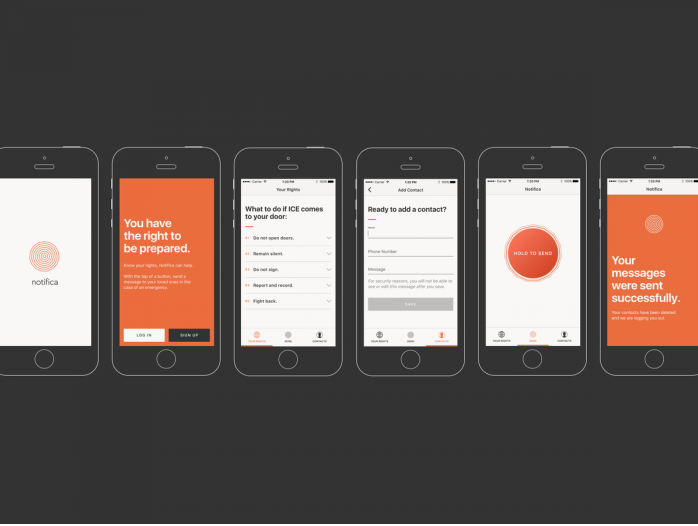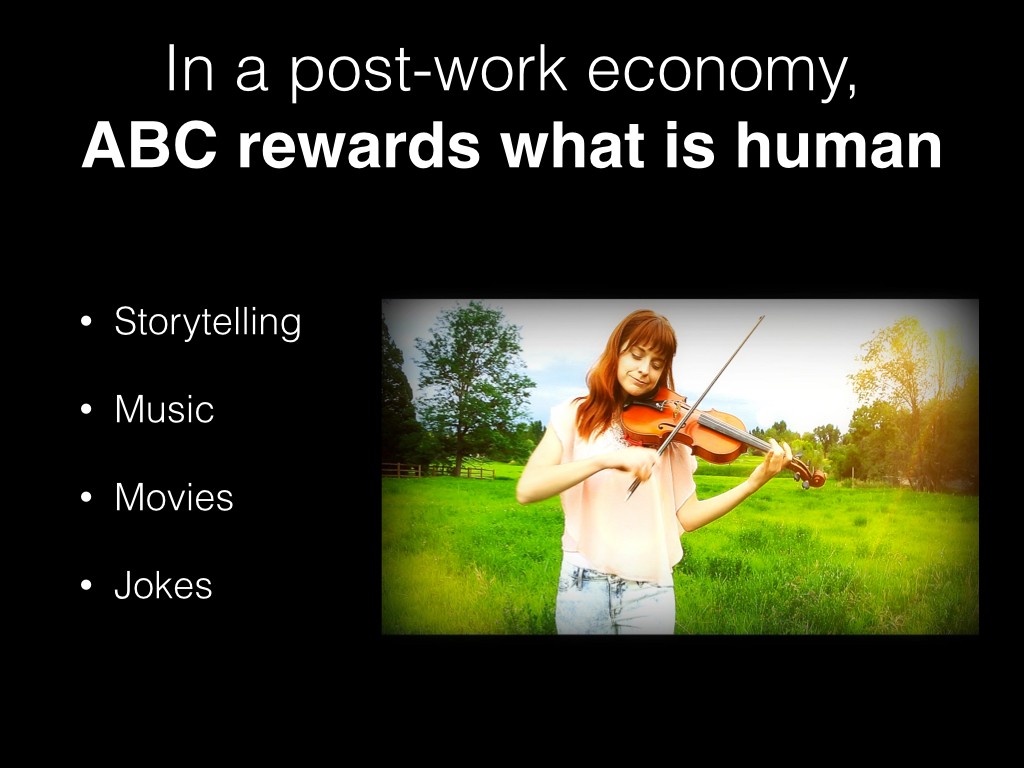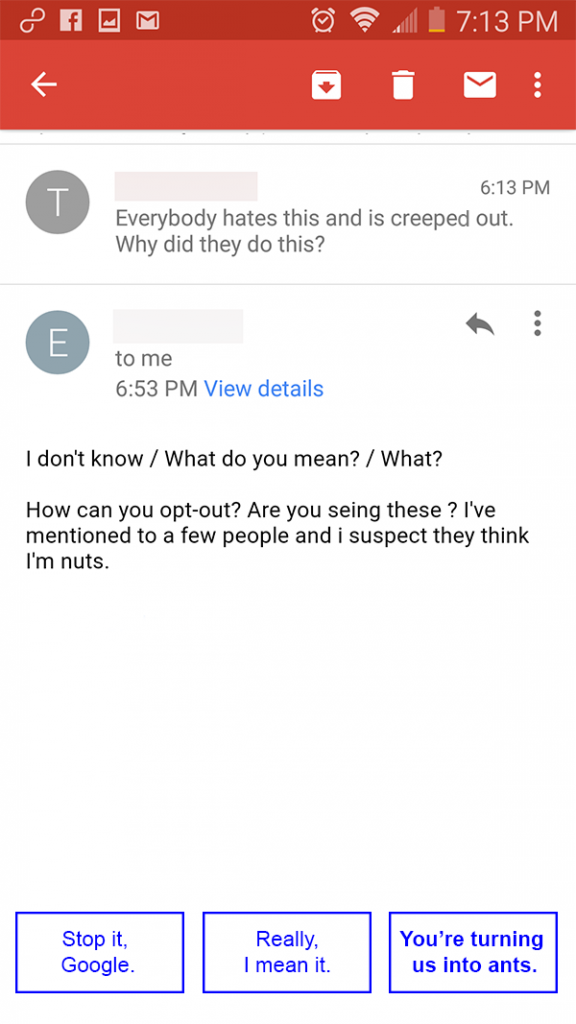My company launched a beer app today. Will it change the world? No. Will it help local businesses, and help some people to get away from their screens and go and meet other people? Yes.
A year ago, that felt like enough.
The following is reposted from my account on Medium:
What is the perfect weapon to fight fascism?
I didn’t get much further than writing that headline last night. I was tired. I had planned to write a whole thing about how in the city where I live there is a right-wing “free speech rally” planned for this Sunday, and there are scads of left-wing groups ready to rumble, and really all of us who actually live in the area are just going to keep our heads down and trying to go on being kind and decent people. I was going to tie this into technology somehow — how what we really need is a better culture, a way past memes and fake news, a way to propagate the information that doesn’t necessarily have a massive advertising budget deployed for maximum reach. Maybe something in there about encryption and Signal too. It’s all well and good.
But then a friend sent me this story:
The app is called Notifica.

Through the app, users can select the people they’d want to notify if detained. In case of an emergency, the app would send a personalized message to each person, including spouses, lawyers, children, friends, etc. They’re protected by a PIN, so that if the phone’s lost or stolen, no one else can access the messages. On top of an app, Huge also created a phone hotline for those who may not have access to a phone at the time, but may be able to eventually make a phone call. The company has teamed up with United We Dream, where Reyna serves as the director of membership and tech strategies.
It is designed as a “panic button” in case of ICE Raids. And this is the thing — it debuted three months ago at South By Southwest.
My friends, we are already there.
“First they came for the illegal immigrants…
“Then they made you illegal…
“Then they made me illegal…
And this is the reality we inhabit. Where people really are picked up and rounded up in broad daylight. And the news media barely bother to report upon it. And apps that attempt to give people resources and coping mechanisms are not banned by the Feds, but rather debut, to modest applause, at industry showcases.
This is how we fight against fascism.
Do you see the absurdity?
I do and it’s like Kafka or Catch 22 all over again.
What can you do? Actually, what can I do? What can my company do? This is not an idle question. It is one that I am trying to figure out. I know that I certainly have to figure it out for myself, before I can offer prescriptions or proclamations for anybody else.
These are the front lines. We are in the middle of a war. If you haven’t noticed that by now, it’s probably too late.





